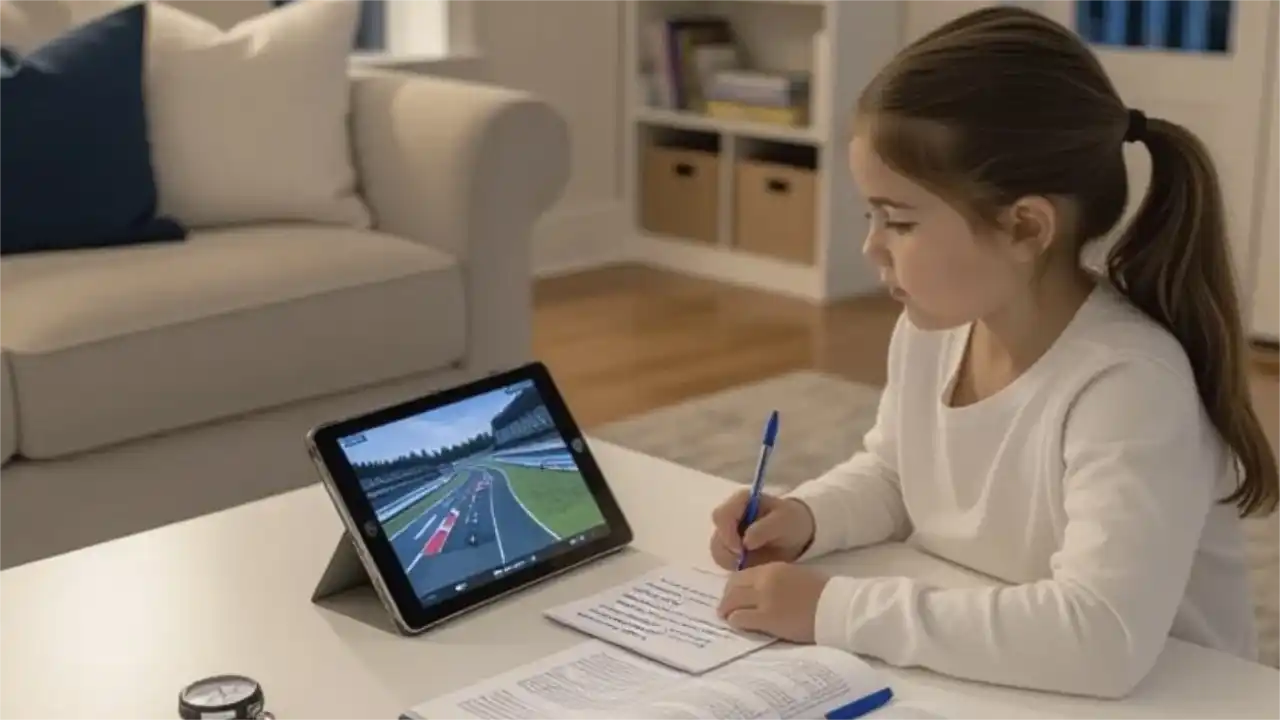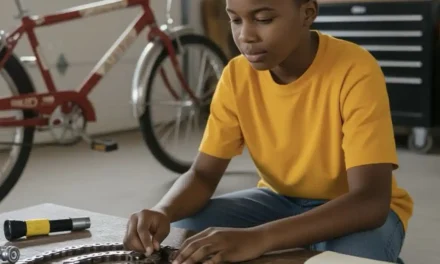
Thinking Critically: Prove with Proof
I
t’s one thing to have an idea. It’s another to back it up. Children who learn to support their claims with evidence build stronger arguments and clearer thinking. They begin to understand that belief alone isn’t enough—that what matters is what can be shown, tested, and defended. This isn’t about being rigid—it’s about learning how to think with care and communicate with weight.
My daughter once claimed her friend was “the fastest runner in the world.” I didn’t correct her—I asked, “What makes you say that?” She paused. “He always wins at recess.” That opened a conversation about observation versus proof. We looked up world records, watched races online, and talked about how data changes what we think we know. She still admired her friend—but now with a sharper sense of what words like “fastest” really mean.
Encourage your child to show their reasoning out loud. Ask them how they know something, or what would convince someone else. Whether it’s solving a math problem or making a claim about the natural world, make evidence part of the rhythm. Over time, they’ll learn that ideas grow stronger when they’re tested—and that the real power lies not just in saying something, but in showing why it holds up.
Thinking Critically

Thinking Critically: Seek True Facts
Help children learn to verify information and recognize reliable sources. Truth-seeking builds clarity, wisdom, and confidence.

Thinking Critically: Weigh All Sides
Teach children to look at all sides of an issue before forming opinions. Balanced thinking encourages understanding and fairness.
Table of contents

Primordial Soup for the Mind: Navigation
Navigate the book Primordial Soup for the Mind.
TIPS
- Ask, “What makes you say that?” to spark deeper thinking.
- Highlight the difference between guessing and supporting an idea.
- Celebrate effort to back things up, even if the logic needs work.
ACTIVITIES
- Claim + Evidence: When your child makes a statement (“Dogs are smarter than cats”), ask them to give a reason. Explore ways to check it.
- Build an Argument: Pick a fun debate and help your child find one piece of support (a stat, story, or observation) for their position.
EXAMPLE
My daughter said her friend was the fastest runner ever. We looked up world records together—and she learned to love the hunt for real evidence.

Download “Primordial Soup for the Mind: A Parent’s Guide to Nurturing Intellectual Growth”
Enter your information to get this article and hundreds more as part of the FREE book Primordial Soup for the Mind.
Share your thoughts with the Thought Academy community in the Comments section below.

Sharpen those skills!
Enter your information to get our FREE practice exercises so you can hone your critical thinking and reasoning skills!







0 Comments